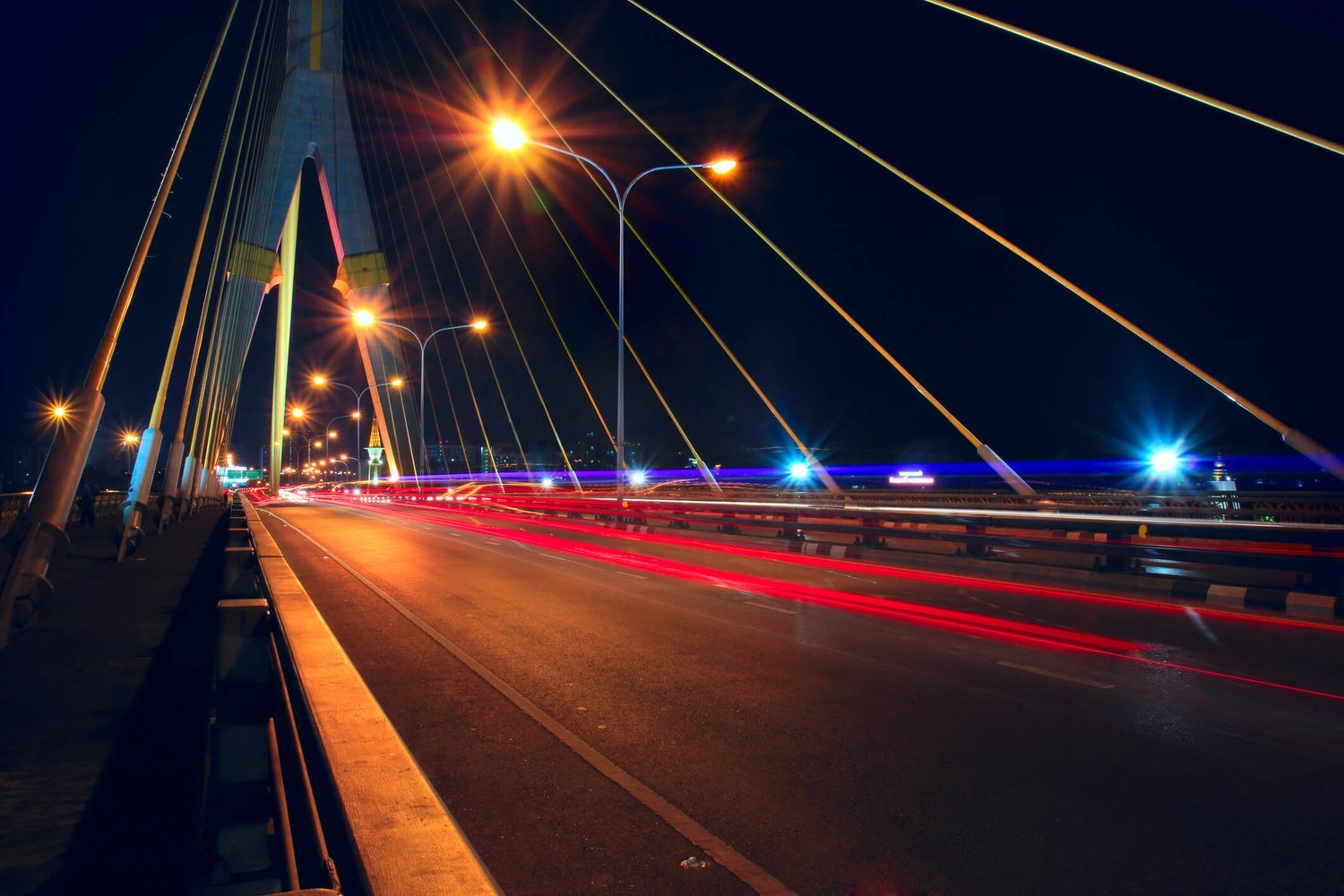New research from The Zebra reveals major concerns about nighttime driving. With over 2,000 respondents in a nationwide survey, The Zebra found that 52% of Americans fear driving alone at night. Other concerns include having poor night vision (19%) and encountering a drunk or distracted driver (12%).
Additional findings:
- Men are 13% more likely to feel confident driving alone at night.
- Drivers aged 18-24 fear hitting a pedestrian most (13%).
- Drivers 65+ fear experiencing poor night vision most (25%).
Conducted for drivers in the UK, a 2017 survey for Ford Motors found that 81% of drivers admit to being afraid to drive at night. Despite the disparity in results (52% to 81%), both the United States and the United Kingdom should consider the real danger of nighttime driving. Half of traffic deaths occur at night, even though we spend only a quarter of our time driving at night.
As daylight savings approaches, drivers must continue to be aware of their surroundings, as well as their own mental awakeness and vision. In order to drive as safe as possible during the night, consider these tips:
- Clean your windshield regularly to avoid any buildup of dirt or grime that could prevent a clear view of the road.
- Have your headlights frequently inspected to ensure maximum brightness and longevity.
- Schedule frequent trips to the optometrist for vision wellness exams.
- Consider your own awareness before you get behind the wheel of a car. If you’re too tired, do not drive. If you are drunk, do not drive.
Additionally, in the 2020 survey, only 7.10% of drivers listed falling asleep at the wheel as one of their concerns about nighttime driving. It’s time to bring awareness to the seriousness of nighttime driving, as well as drowsy driving.
Methodology
This study was conducted for The Zebra using Google Surveys. The sample consisted of no fewer than 2,000 completed responses per question. Post-stratification weighting has been applied to ensure an accurate and reliable representation of the total population. This survey was conducted in August 2020.


